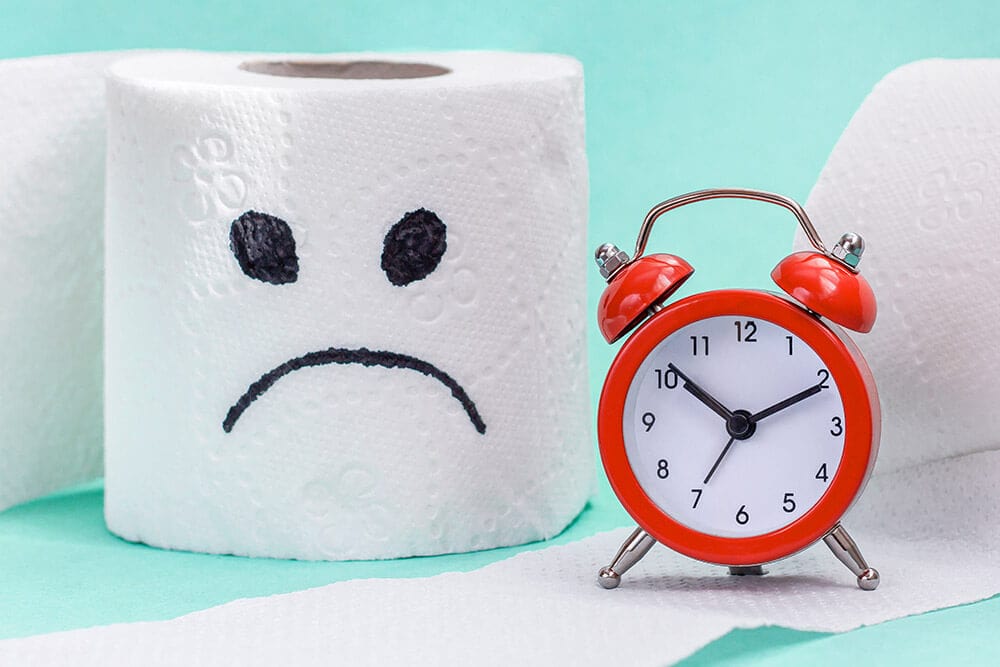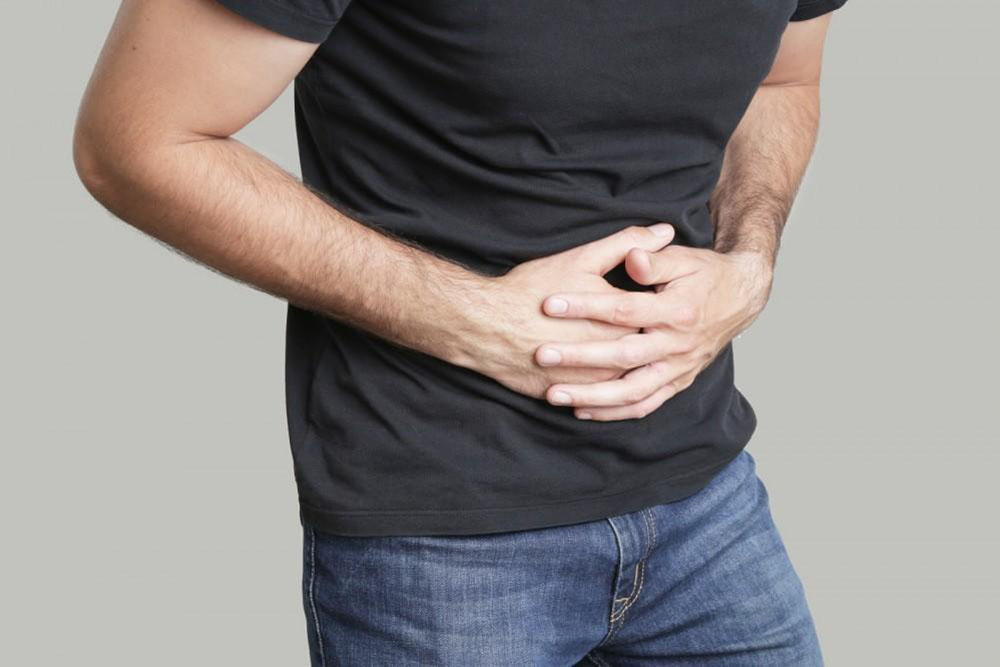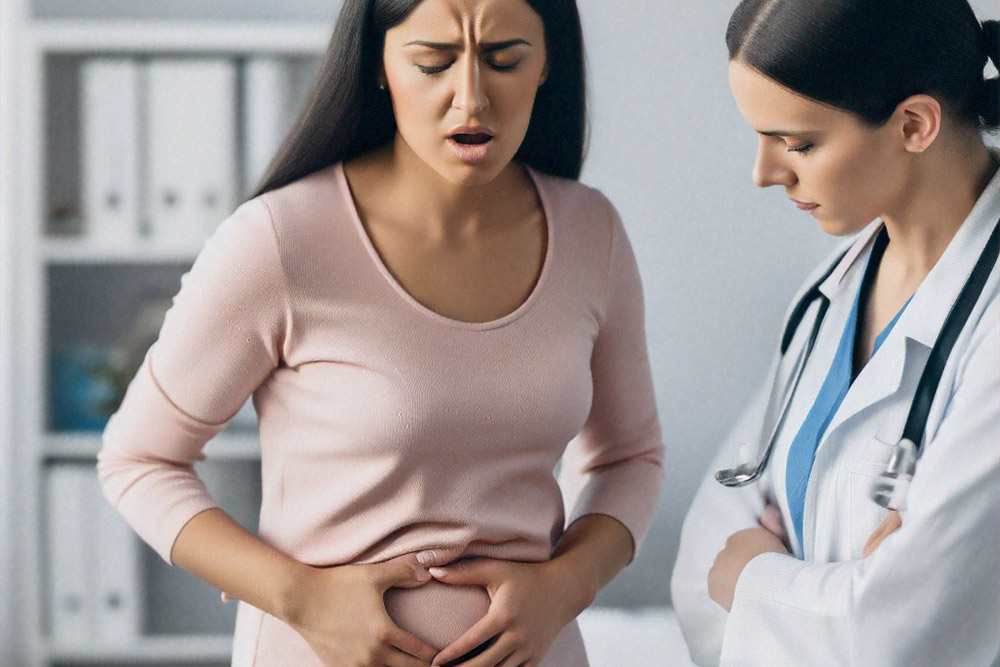How Dr. Rishi Chadha Diagnoses Gastric Varices
Dr. Chadha uses a step-by-step approach:
Medical History and Examination
He reviews your medical history, symptoms, alcohol use and other risk factors for liver disease.
Physical Exam
He checks for signs of portal hypertension'such as abdominal swelling, enlarged spleen or fluid build-up.
Blood Tests
We assess liver function (enzymes, bilirubin), platelet count and clotting factors to gauge bleeding risk.
Upper Endoscopy (EGD)
An endoscope is used to visualize the stomach lining and directly identify any swollen varices.
Imaging Studies
- Abdominal ultrasound to evaluate liver texture, cirrhosis and portal vein flow.
- CT scan or MRI to map varices, assess liver anatomy and measure portal pressure.
Frequently Asked Questions
What is the ICD-10 code for gastric varices?
Without bleeding: I85.01; with bleeding: I85.11.
What causes gastric varices?
Liver cirrhosis, portal hypertension, blood clots in liver veins, chronic hepatitis, heavy alcohol use, or rare conditions like Budd-Chiari syndrome.
Can gastric varices be cured?
The varices themselves can be treated or controlled, but the underlying liver disease often requires ongoing management.
How are gastric varices different from esophageal varices?
Both are swollen veins caused by portal hypertension; gastric varices are in the stomach, while esophageal varices are in the esophagus.
Will an endoscopy hurt?
No. You'll receive sedation or relaxation medication, and most patients feel little to no discomfort during the procedure.
What lifestyle changes can help?
Avoid alcohol, follow a low-salt diet, eat smaller meals, stay as active as advised, and attend regular follow-up visits.
How often do I need an endoscopy?
Surveillance is typically every 6 to 12 months, depending on the size of your varices and overall liver health.
Are there side effects with the TIPS procedure?
Some patients may experience confusion or mild encephalopathy; Dr. Chadha will monitor you closely and adjust treatment as needed.
Will I need to stay in the hospital?
Many treatments are outpatient, but active bleeding or certain procedures may require a short hospital stay for monitoring.
Where can I learn more about variceal bleeding?
Visit the American College of Gastroenterology website for reliable patient resources on variceal bleeding and portal hypertension.











